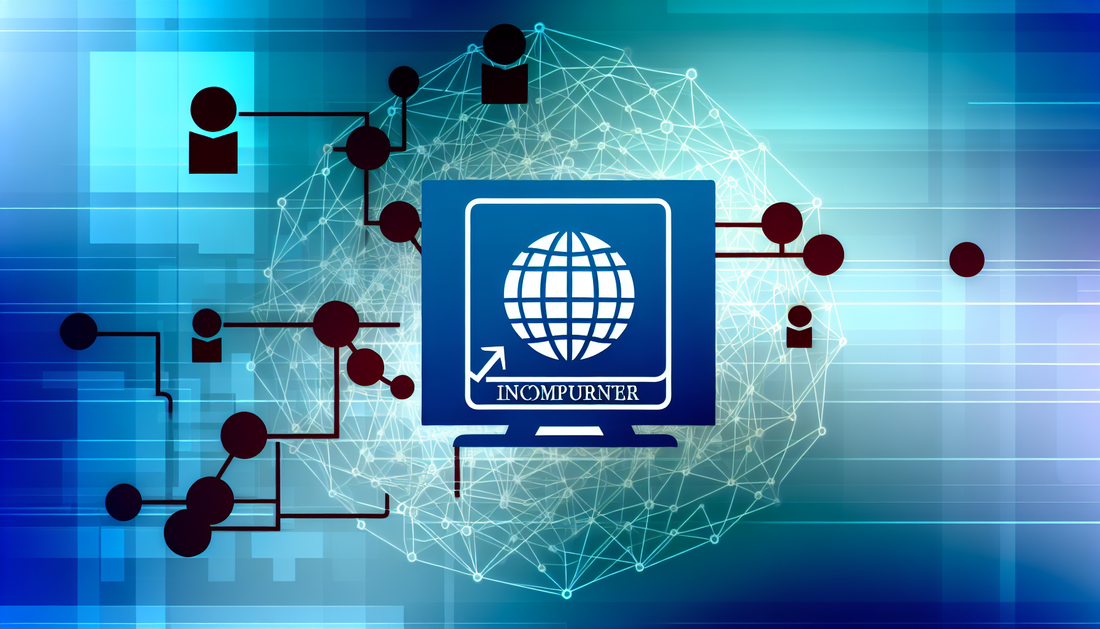
Empowering Decentralization: Governance in ICP
Share
Governance in the Internet Computer (ICP) Ecosystem
The Internet Computer (ICP) project, launched by the DFINITY Foundation, is a blockchain-based network designed to extend the functionality of the internet by enabling smart contract executions at web speed. A pivotal aspect of its innovation is the governance model, which plays a crucial role in maintaining and evolving the protocol. The Internet Computer stands out with its distinct focus on decentralized governance, empowering the community to actively shape and steer the network's future.
The Network Nervous System (NNS)
The core of ICP's governance model is the Network Nervous System (NNS). The NNS is an autonomous software system designed to govern the Internet Computer blockchain. It facilitates the proposal and voting process, enabling stakeholders to influence the project's trajectory. Through the NNS, participants can propose changes, vote on updates, and make decisions regarding protocol upgrades, economic models, and more.
Participation and Voting
The NNS encourages active participation from ICP holders. Holders can lock their ICP tokens to create "neurons" that enable them to vote on various proposals. The voting power is derived from the amount and duration of ICP staked, incentivizing long-term commitment to the network's growth and stability. This mechanism ensures that those with a vested interest in the platform's success have a significant say in its governance.
Neuron holders can vote directly on proposals or delegate their votes to other trusted participants, known as "followees." This flexibility enables those who may not have the expertise or time to analyze every proposal to still participate meaningfully in governance.
Proposal System
Proposals within the NNS can cover a wide range of topics, from protocol updates and new features to adjustments in network parameters and economic models. Once a proposal is submitted, neuron holders have the opportunity to discuss and deliberate before casting their votes. The NNS evaluates the votes according to the majority rule and implements approved changes automatically, ensuring that the network evolves smoothly and efficiently.
Decentralization and Security
The decentralized governance model of ICP, facilitated by the NNS, enhances security and resilience. By distributing decision-making power across a broad spectrum of participants, the Internet Computer reduces the risk of central authority control and single points of failure. This commitment to decentralization parallels efforts seen in other blockchain projects, such as NEAR Protocol's community-driven model, which you can explore further in Governance Unleashed: NEAR Protocol’s Community-Driven Model.
Ultimately, the robust governance system of ICP underlines its mission to create a public, decentralized network that operates under the guidance and collective vision of its community. This framework not only fosters innovation and adaptability but also positions the Internet Computer as a significant player in the evolving landscape of blockchain technology.
```